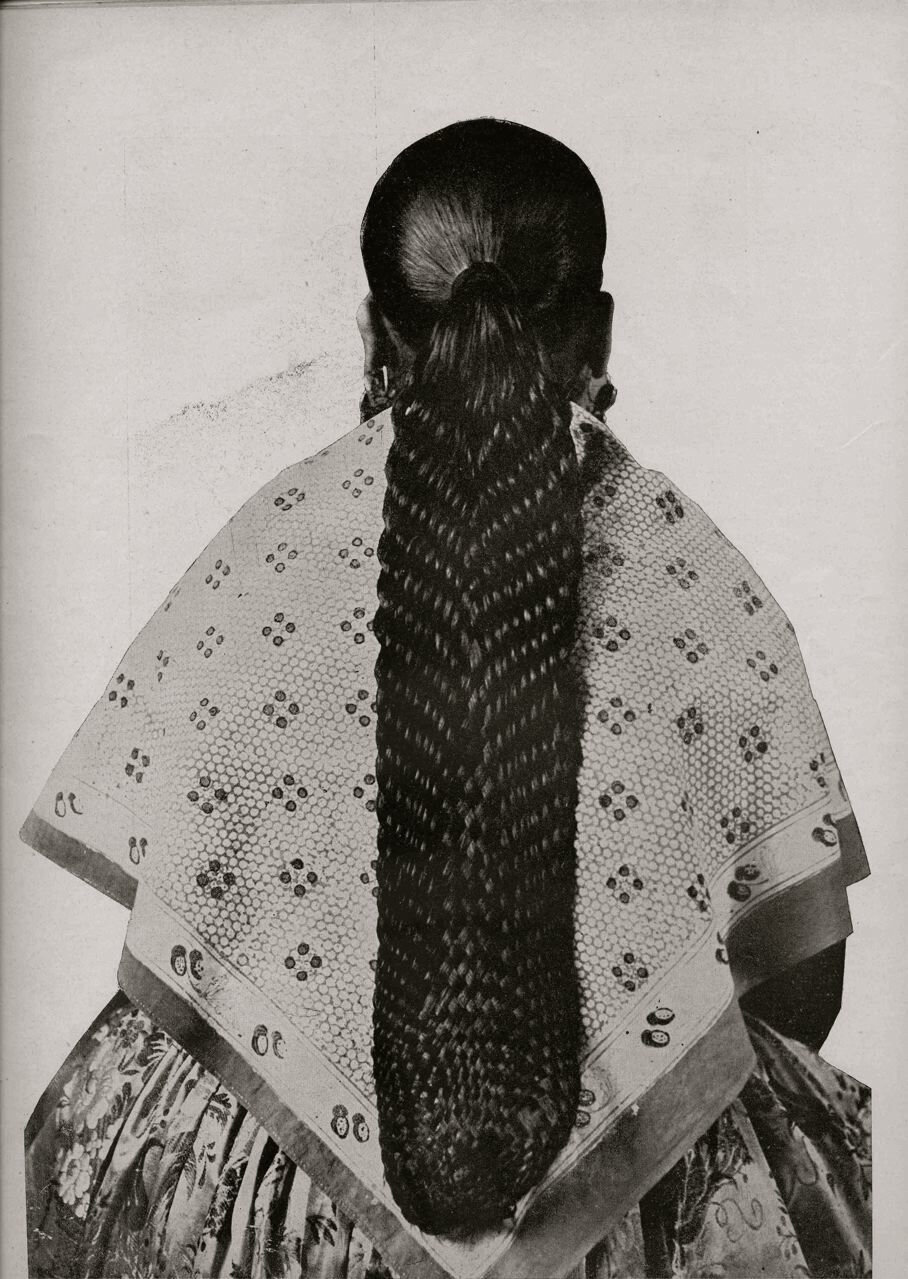Sustainability As A Way of Life
Sustainable and fair-trade fashion have paved the way for a more ethical industry for years now, and there are scientific developments unveiled in the sustainable fashion universe every day. Technology and increased consciousness have propelled us into a higher state of awareness about how fashion directly affects the natural environment. But, although sustainability seems like just a common “fad” in current fashion, it is so much more than just that. Sustainability is ingrained in the rich and detailed histories of native and Indigenous communities for centuries. It is important, and quite necessary, to acknowledge the intersection of race and culture within sustainable fashion practices so that we may better the planet in a way that is morally fair to those who preceded us.
The first step in paying proper homage to sustainability’s roots is defining cultural appropriation, which is the unacknowledged or inappropriate adoption of the customary practices of one people, society, or group, by members of another, usually more dominant, society. Put quite simply, cultural appropriation is stealing without giving credit where credit is due. When it comes to sustainable fashion, many people take for granted the detailed backstories of how conscious and safe clothing practices came to be.
Indigenous peoples were the first to figure out the lay of the land, and how we, as humans, could use that to our advantage. These groups discovered ways to live in harmony with nature, using its brilliant natural resources, but without stripping the Earth of its wonders. It has been cited that Indigenous societies protect an 80 percent of global biodiversity. They carry the world’s well-being on their shoulders, and most Western societies do not even acknowledge this. In fact, especially when it comes to fashion and lifestyle habits, Western societies discredit Indigenous peoples completely.
Indigenous design and traditional practices are intertwined in the sustainable fashion movement. For ages, Indigenous clothing has used locally sourced, natural textiles, and these people have adopted resourceful zero-waste habits. Nothing goes to waste in an Indigenous community, even scraps are inventively repurposed and recreated into something special. Rasquache is the name given to a major sustainable ideology adopted by many native cultures, but it originated from Chicanx culture. It is commonly used in art, encouraging artists to make pieces out of what many would perceive to be “trash” or items deemed to be worthless. To practice rasquache is to simply make do with what you have. In employing the practice, one must be crafty and shrewd, willing to make ends meet with little resources. Actions such as thrift shopping and upcycling or mending old clothing can be traced back to Indigenous communities, so why does today’s modern Westernized society constantly stifle the voices of these marginalized groups?
Although it is a positive trend that sustainability is on the rise, it is sometimes necessary to give credit where proper credit is due. Although thrift hauls and DIY “thrift-flips” are hot on TikTok right now, the flourishing social media app was not the sole creator of these practices. If we are going to collect and use most practices that Indigenous communities gifted us, including delicious recipes, colorful and vibrant styles, and even sustainable practices, it is time we give those demographics more visibility and honor their traditions accurately.
My point is patching up your old worn denim or picking out a pre-loved sundress from a consignment store is not an explicit act of cultural appropriation, but maybe when you do find yourself engaging in these tasks, you can take a moment to acknowledge how history and innovation brought us to this moment in time, where we have the tools and resources to begin to better our consumption habits. A number of othered communities, including Indigenous ones, are often looked down upon for their “unconventional” traditions and habits, when in reality, these communities have given us so many assets to understand better how to live peacefully on this planet. The emergence of sustainable fashion practices has given us the opportunity to learn and grow from our mistakes. Honoring the traditions of sustainability can help the world continue to practice sustainability fairly and in ways that are not elitist or exclusionary.
Article by Kayla Curtis-Evans, Contributing Sustainable Editor PhotoBook Magazine
Tearsheets by Maelle Eugene, Contributor, PhotoBook Magazine






